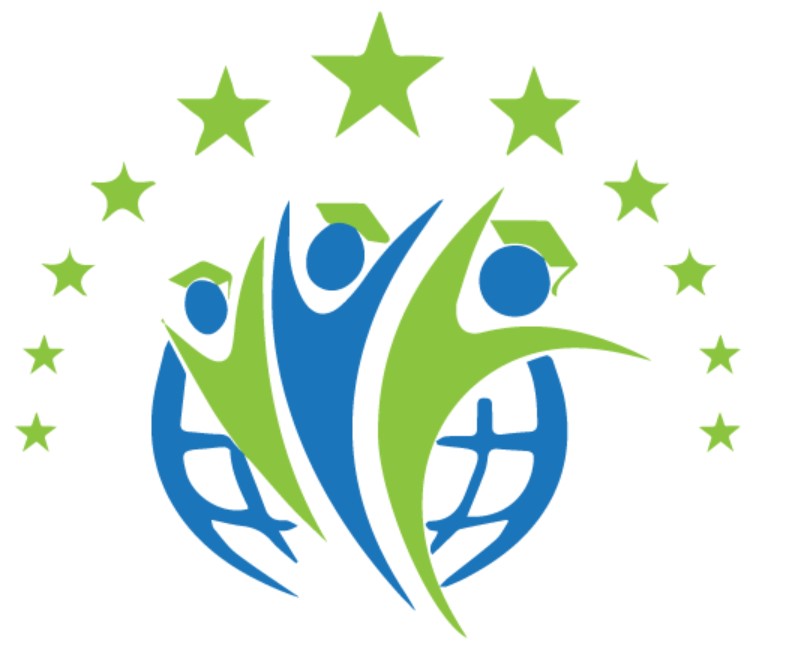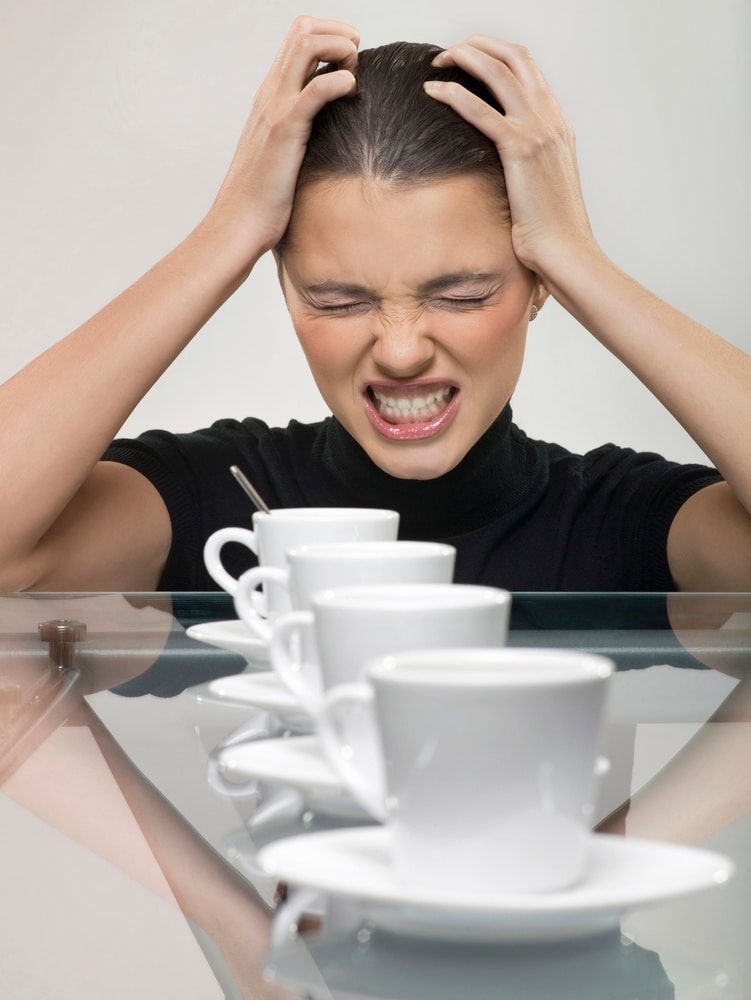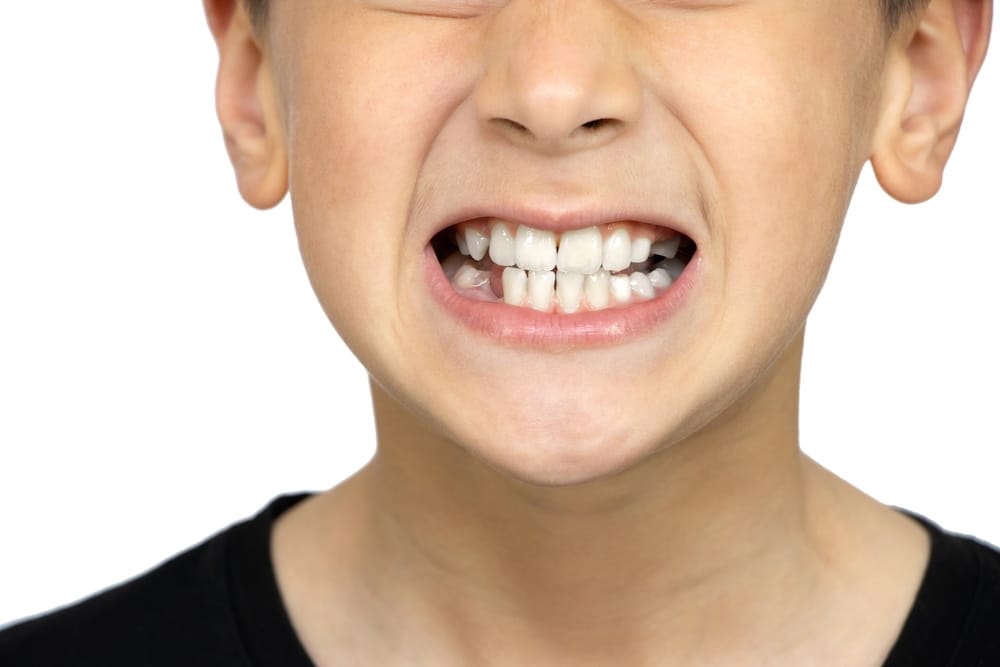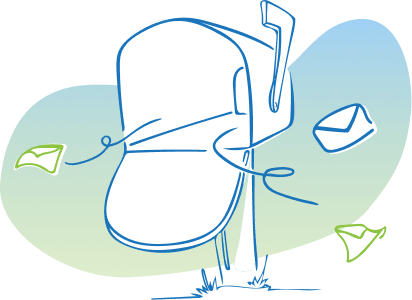How Caffeine Can Affect Your Headaches
If you suffer from frequent headaches, you may have heard that caffeine can help with relieving headache pain.
After all, it’s a common ingredient in over-the-counter pain relievers, such as Excedrin, and many people swear by their morning cup of coffee, Coca Cola, energy drink, or other caffeinated beverages to stave off a headache. But is there any truth to these claims?
In this article, we’ll explore the myths and realities of caffeine’s effects for headaches, so you can make an informed decision about whether to use it.
Some Headache pain Medications that Contain Caffeine
Excedrin Migraine – contains acetaminophen, aspirin, and caffeine
Anacin – contains aspirin and caffeine
BC Powder – contains aspirin and caffeine
Goody’s Headache Powder – contains acetaminophen, aspirin, and caffeine
Vanquish – contains acetaminophen, aspirin, and caffeine
NoDoz – contains caffeine and is not specifically for headaches, but has been used to help with caffeine withdrawal headaches.
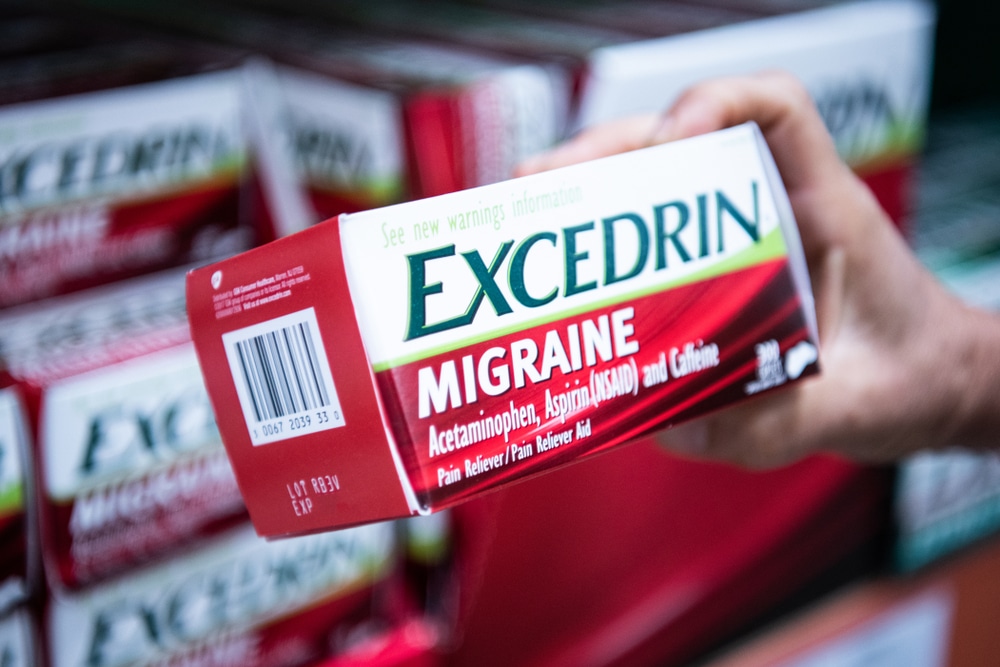
Myth: Caffeine Cures All Headaches
The effectiveness of caffeine for migraines or as a treatment for headaches can also depend on individual factors, such as genetic factors and tolerance levels.
Some individuals may find that caffeine is a highly effective treatment for their headaches, while others may find that as a little pick me up.
While caffeine can provide temporary relief from headache symptoms, it does not address the underlying cause of the headache.
For example, if your headaches are caused by jaw clenching, poor posture or tension in your muscles, consuming caffeine may provide temporary relief from a rebound headache or headaches or headache, but it won’t address the underlying issue.
Caffeine can be addictive, and regular coffee consumption alone can lead to caffeine withdrawal headache symptoms when you stop consuming it. These caffeine withdrawal syndrome symptoms can include headache, fatigue, and irritability, which can actually make your headaches worse in the long run.
In addition to caffeine, there are many other lifestyle factors that can contribute to headaches. For example, poor sleep habits, stress, and dehydration can all trigger headaches. Addressing these underlying factors can be an effective way to treat headaches and to prevent headaches from occurring in the first place.
Can caffeine help with headache pain relief?
Reality: Caffeine Can Help with Some Headaches
If you’re someone who suffers from regular chronic headaches, you may be wondering if caffeine can help to alleviate your symptoms. The good news is that caffeine can be effective for certain types of headaches, such as tension headaches.
Tension headaches are a common type of headache that are often caused by stress and tension in the muscles of the head, neck, and shoulders.
Caffeine can help to constrict the blood vessels in the head, which can reduce pain and inflammation associated with tension headaches.
Additionally, caffeine can increase the effectiveness of pain relievers, such as aspirin and acetaminophen, making them more effective at reducing headache symptoms.
However, it’s important to remember that caffeine is not a standalone treatment for headaches.
While it can be effective when used in combination with other treatments, such as relaxation techniques and pain relievers, it should not be relied upon as the sole treatment for chronic headaches.
Myth: Caffeine is Always Safe for Headaches
If you suffer from chronic headaches, you may have heard that caffeine can often provide relief and analgesic effects. However, this is not always the case. In fact, caffeine can have negative side effects and may not be safe for everyone.
One of the biggest misconceptions about caffeine is that it’s always safe to use. While caffeine is generally safe in moderation, it can cause negative side effects, such as jitteriness, nervousness, and insomnia.
In some individuals, even small amounts of caffeine can trigger these side effects, making it an unsuitable treatment option for chronic headaches.
Furthermore, caffeine can interact with certain medications and medical conditions, such as high blood pressure, diabetes, and anxiety.
If you have any of these conditions, it’s important to talk to your doctor before using caffeine as a treatment for your headaches. Your doctor can advise you on the best course of treatment and whether caffeine is safe for you to use.
Not everyone responds to caffeine in the same way. Some people are more sensitive to caffeine than others and may experience negative side effects even at low doses.
While caffeine can be helpful for certain types of headaches, it’s important to recognize that it can also trigger headaches in some individuals.
This is because caffeine is a vasoconstrictor, meaning that it can cause the blood vessels in the brain to narrow which acts to restrict blood flow. When the effects of caffeine wear off, the blood vessels relax and then widen again, restoring blood flow, which can lead to a headache.
Consider also that consuming caffeine during a headache can make it worse. This is because caffeine can make dehydration worse, which is a common trigger for headaches.
If you’re already experiencing a headache, it’s best to avoid caffeine and focus on staying hydrated instead.
Another factor to consider is the amount of caffeine you consume. Consuming too much caffeine can also trigger headaches, even in individuals who don’t typically suffer from them. It’s recommended to limit your caffeine intake to no more than 400 milligrams per day, which is roughly equivalent to four cups of coffee.
In conclusion, while caffeine can be helpful for some individuals with headaches, it’s important to recognize that it can also trigger headaches in others. If you’re prone to headaches, it’s best to be mindful of your caffeine intake and avoid consuming it in excess.
Additionally, if you’re already experiencing a headache, it’s best to avoid caffeine and focus on staying hydrated instead.
How much caffeine is too much for headache relief or migraine pain?
Myth: More Caffeine is Always Better
It’s important to remember that everyone’s tolerance for caffeine is different. What may be a moderate amount of caffeine for one person may be too much for another.
Generally, it’s recommended that adults consume no more than 400 milligrams of caffeine per day, which is roughly equivalent to four cups of coffee. However, if you’re prone to headaches, you may need to consume less than this amount to avoid triggering a headache.
Remember that caffeine is not the only source of caffeine in our diets. Many foods and drinks, such as chocolate, tea, energy drink and soda, contain caffeine.
So, if you’re trying to manage your caffeine intake to avoid triggering headaches, it’s important to be aware of all the sources of caffeine in your diet.
Furthermore, it’s important to be aware of the timing of your caffeine intake. Consuming caffeine later in the day can interfere with your sleep, which can in turn lead to headaches the next day.
It’s recommended that you avoid consuming caffeine within six hours of bedtime to avoid interfering with your sleep.
In conclusion, while caffeine can be a helpful tool in managing certain types of headaches, it’s important to be mindful of your caffeine intake and to not rely on caffeine as a standalone treatment for headaches. It’s important to consider the type of headache you’re experiencing and to use caffeine in combination with other treatments, such as relaxation techniques and pain relievers, for best results.
Reality: Moderation is Key
If you’re someone who experiences frequent headaches, it’s important to be mindful of your caffeine intake.
While caffeine can be an effective treatment for certain types of headaches, it’s not a cure-all for headache relief and can even make your headaches worse if consumed in excess. This is why moderation is key.
The recommended daily intake of caffeine for healthy adults is 400 mg, which is roughly equivalent to 4 cups of coffee. However, this amount may need to be adjusted for some individuals based on their sensitivity to caffeine.
Additionally, if you’re already experiencing a headache, it’s best to avoid consuming caffeine until your headache has subsided.
It’s also important to note that caffeine can have a cumulative effect, meaning that consuming small amounts throughout the day can add up and lead to negative side effects.
This is why it’s important to be mindful of all sources of caffeine, including coffee, tea, soda, energy drinks, and even chocolate.
In addition to consuming caffeine in moderation, it’s important to stay hydrated throughout the day. Dehydration is a common trigger for headaches, and consuming too much caffeine daily can exacerbate this issue.
Aim to drink plenty of water and other hydrating fluids throughout the day to keep your body hydrated and reduce your risk of headaches.
In conclusion, while caffeine can be an effective treatment for some types of headaches, it’s important to consume it in moderation and be mindful of its potential negative side effects.
By being mindful of your caffeine intake and staying hydrated, you can help reduce your risk of headaches and manage them more effectively when they do occur.
Sources of Caffeine in the American Diet
Here are some sources of caffeine in the American diet:
Chocolate – Chocolate contains small amounts of caffeine. Dark chocolate contains more caffeine than milk chocolate.
Tea – Black, green, and white teas all contain caffeine. Herbal teas typically do not contain caffeine, but some blends may have added caffeine.
Soft drinks – Some soft drinks, such as cola, contain caffeine. Energy drinks also contain caffeine.
Ice cream – Some flavors of ice cream, such as coffee or chocolate, contain caffeine.
Medications – Some medications, such as cold and allergy medicines, pain relievers, and weight loss supplements, contain caffeine.
Snack foods – Some snack foods, such as gum and mints, may contain caffeine.
Baked goods – Some baked goods, such as muffins and cakes, may contain caffeine.
Alcoholic beverages – Some alcoholic beverages, such as some beers and cocktails, may contain caffeine.
Myth: Caffeine is the Only Treatment for Headaches
It’s important to remember that caffeine is not the only treatment available for headaches. While it may be effective for some types of headaches, it’s not always the best option. For example, for chronic migraine sufferers, caffeine may actually make symptoms of migraine attacks worse.
In these cases, it’s important to work with your doctor to find an appropriate treatment plan.
There are many different treatments available for headaches, depending on the type and severity of your headache. Relaxation techniques, such as deep breathing and meditation, can be effective for tension headaches.
These techniques can help to reduce stress and tension in central nervous system and the muscles of the head, neck, and shoulders, which can contribute to tension headaches.
Additionally, an over-the-counter pain reliever, such as acetaminophen and ibuprofen, can be effective for mild to moderate headaches and migraine. These medications work by reducing inflammation and pain in the body.
However, it’s important to use these medications as directed and to talk to your doctor before using them regularly, they can have side effects and may interact with other medications you’re taking.
Other treatments for headaches acute migraine may include prescription medications, such acute medications such as triptans or beta-blockers, which are specifically designed to treat migraines.
In some cases, your doctor may also recommend lifestyle changes, such as getting more sleep, exercising regularly, and reducing stress, to help prevent headaches from occurring in the first place.
In conclusion, while caffeine can be an effective treatment for some types of headaches, it’s important to remember that it’s not the only treatment available.
It’s important to work with your doctor to find an appropriate treatment plan that takes into account the type and severity of your headaches, as well as any other medical conditions you may have.
By working with your healthcare provider, you can find a treatment plan that helps to reduce the frequency and severity of your headaches, and improves your overall quality of life.
Reality: Caffeine Should Be Used in Combination with Other Treatments
It’s important to remember that caffeine shouldn’t be used as a standalone treatment for headaches. While it can be helpful in certain situations, combining it with other treatments can lead to better outcomes.
This is especially true for people who experience chronic headaches, as relying solely on caffeine to relieve headaches can lead to dependence and withdrawal symptoms.
In addition to relaxation techniques and medication, there are other lifestyle changes you can make to help reduce the frequency and severity of migraine headaches too.
For example, getting regular exercise, maintaining a healthy diet, and staying hydrated can all help prevent headaches. It’s also important to manage stress levels, as stress is a common trigger for headaches.
If you experience chronic headaches, it’s important to talk to your doctor to develop an effective treatment plan. They may recommend a combination of medications, lifestyle changes, and other treatments, such as acupuncture or chiropractic care.
By working with your healthcare provider, you can find a treatment plan that works best for you and helps you manage your chronic headaches.
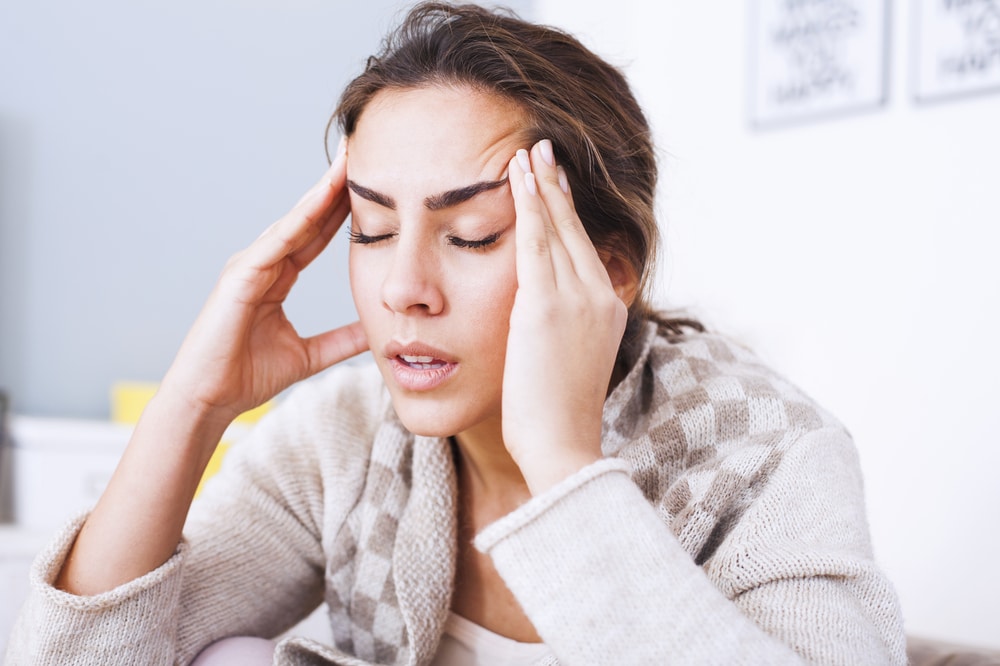
Conclusion: Caffeine and Headaches
In summary, caffeine can be a double-edged sword when it comes to headaches. While it can provide pain relief, for some types of headaches, it can also trigger more headaches than in others.
Therefore, it’s important to use caffeine in moderation and in combination with other treatments. It’s also important to understand that caffeine is not the only treatment available for headaches.
Relaxation techniques, over-the-counter pain relievers, and prescription medications can all be effective depending on the type and severity of your headache. It’s best to work with your doctor to find the most effective treatment plan for you.
If you’re considering using caffeine as a treatment for your headaches, it’s important to be mindful of your caffeine intake and the realities of caffeine dependence. Remember, the recommended daily intake of caffeine is 400 mg per day for healthy adults.
If you’re not sure whether or not caffeine is safe for you, talk to your doctor to discuss your options. In conclusion, there are many different treatments available for headaches, and what works for one person may not work for another.
By working with your doctor and trying different treatments, you can find the best approach for managing your headaches and improving your quality of life.
References:
American Migraine Foundation. “Caffeine and Migraine.” American Migraine Foundation, 2019, https://americanmigrainefoundation.org/resource-library/caffeine-and-migraine/.
American Headache Society. “The American Headache Society Position Statement On Integrating New Migraine Treatments Into Clinical Practice.” Headache: The Journal of Head and Face Pain, vol. 59, no. 1, 2019, pp. 1-18, doi: 10.1111/head.13456.
Dodick, David W., et al. “Treatment of Medication Overuse Headache: A Systematic Review.” Headache: The Journal of Head and Face Pain, vol. 59, no. 2, 2019, pp. 276-292, doi: 10.1111/head.13448.
Lipton, Richard B., et al. “Migraine Prevalence, Disease Burden, and the Need for Preventive Therapy.” Neurology, vol. 79, no. 1 Suppl, 2012, pp. S3-S12, doi: 10.1212/WNL.0b013e318269e1e6.
National Institute of Neurological Disorders and Stroke. “Headache: Hope Through Research.” National Institute of Neurological Disorders and Stroke, 2021, https://www.ninds.nih.gov/Disorders/Patient-Caregiver-Education/Hope-Through-Research/Headache-Hope-Through-Research.
Robbins, Matthew S. “The Problem of Chronic Headache.” Headache: The Journal of Head and Face Pain, vol. 57, no. 4, 2017, pp. 593-601, doi: 10.1111/head.13058.
